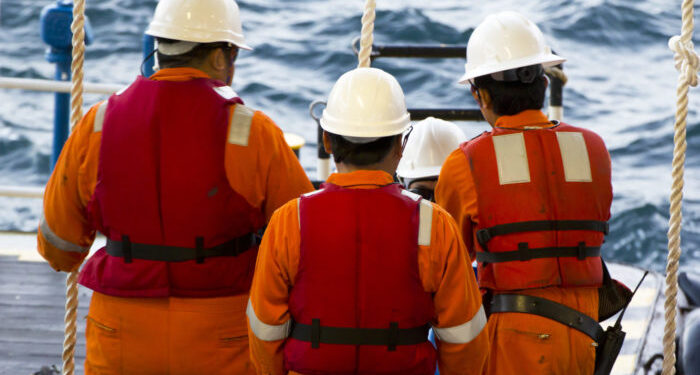
The maritime industry is being urged to take action to address the alarming rise in criminalization of seafarers.
A new campaignInter from InterManager, the international trade association for ship management, aims to address this growing crisis, which disproportionately affects senior officers and ship masters. The organization is now actively engaging in industry discussions to uncover the scope of the problem and advocate for seafarers’ rights.
Ship masters face the highest risk, representing 63% of all criminalization cases. The analysis reveals tanker crews are most vulnerable, accounting for 29% of incidents, followed by bulk carriers at 19% and general cargo vessels at 14%.
“Seafarers are being unfairly detained when authorities find something wrong with their ship, often when drugs are found onboard,” explains InterManager Secretary General, Captain Kuba Szymanski. “Most frequently senior officers are detained, although the whole crew can be, and held without charge for long periods of time and often without any proper legal representation or assistance”.
The case of Polish Captain Andrzej Lasota exemplifies this troubling pattern. Despite following proper protocols by reporting discovered cocaine in his ship’s coal cargo, Lasota spent 592 days in Mexican custody without trial. He faced potential drug trafficking charges carrying a 20-year sentence, only to be released after extensive campaigning by his family and maritime organizations.
InterManager is now actively collecting comprehensive data on criminalization incidents to present to the International Maritime Organization (IMO) and industry stakeholders.
InterManager has documented 118 cases globally between 1989 and 2024. The number of incidents peaked at 23 cases in 2023, with an additional 17 reported in 2024. These cases are spread worldwide but are most concentrated in Asia, Europe, and the Americas.
“No one deserves to be treated like that while just going about their daily work,” emphasizes Capt. Szymanski. “This is an issue which needs to be addressed at the highest levels.”















